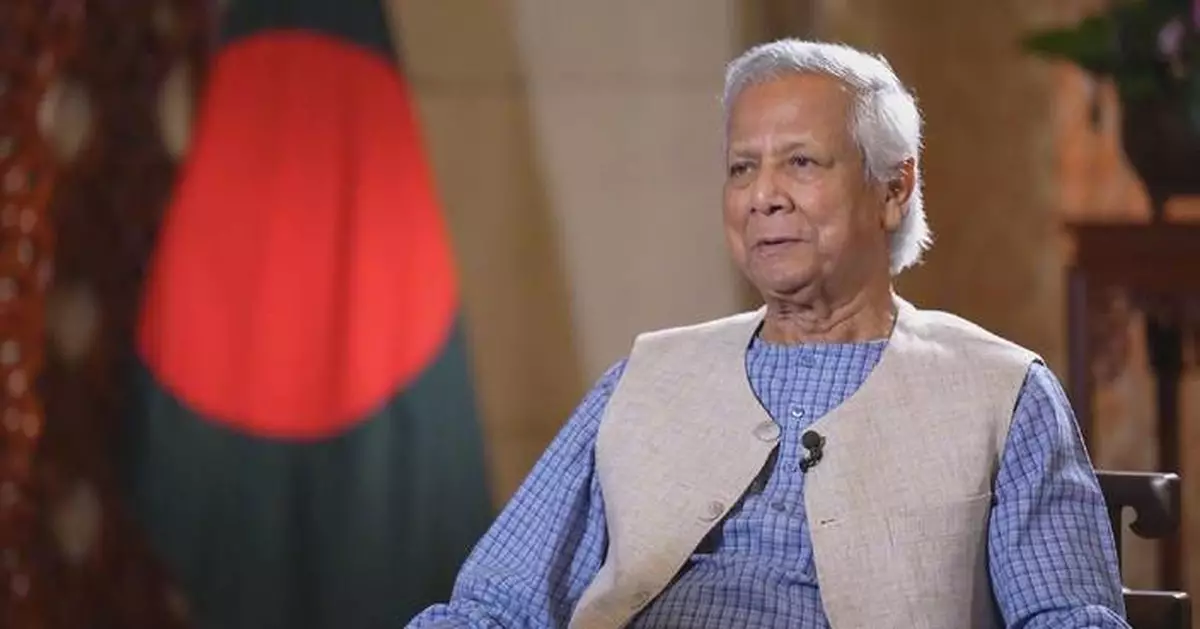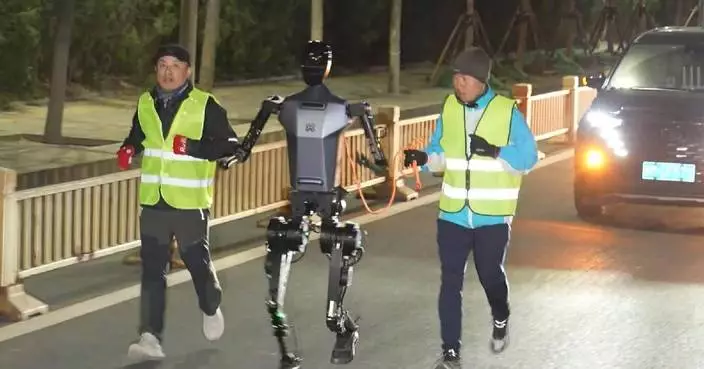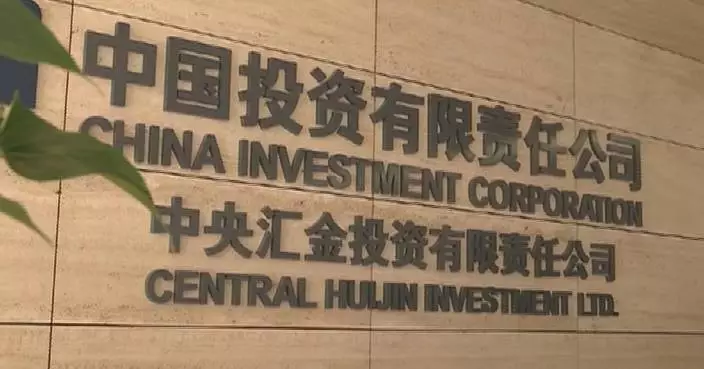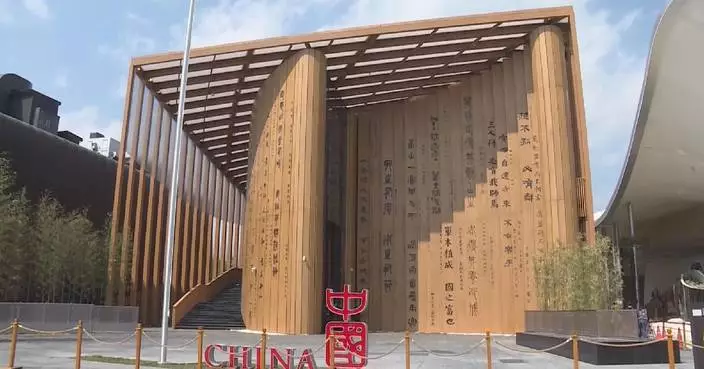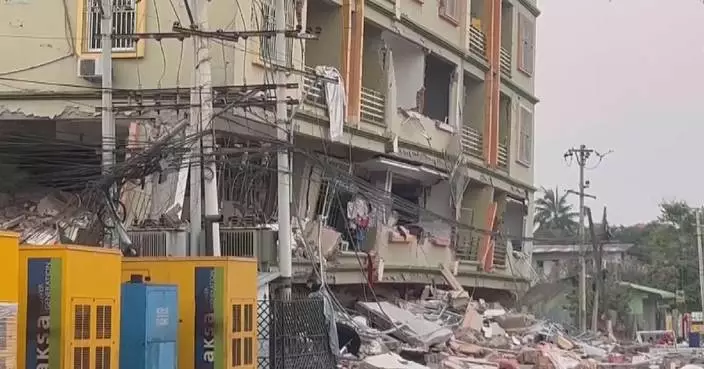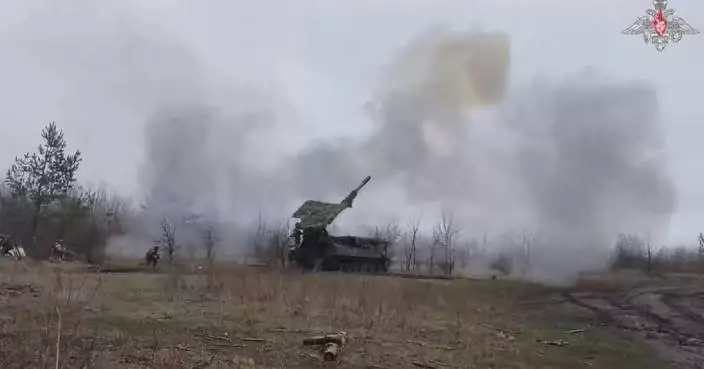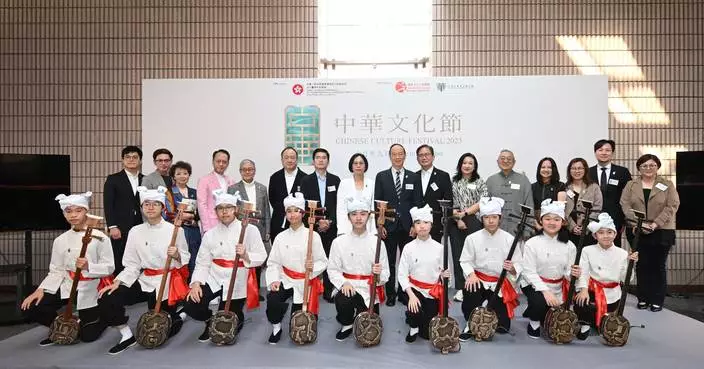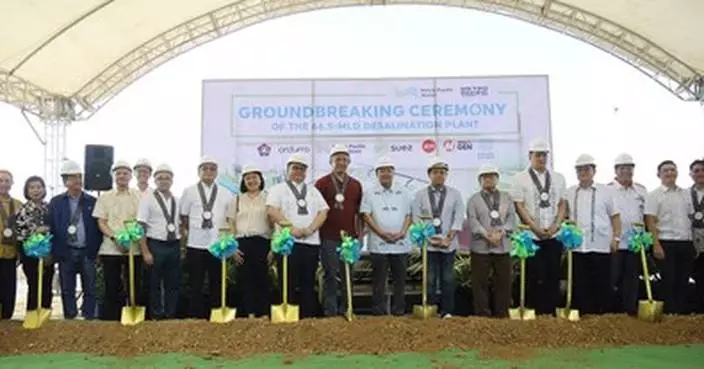Chief Adviser of the interim government of Bangladesh, Muhammad Yunus, hailed the achievements made by Bangladesh and China in their bilateral relations over the past 50 years, expressing confidence that China can help transform Bangladesh in line with the expectations of its people.
From March 26 to 29, Yunus attended the Boao Forum for Asia (BFA) Annual Conference 2025 in south China's island province of Hainan, and then visited Beijing -- marking his first visit to the city since taking up the role of chief adviser last August.
China Media Group (CMG) conducted an exclusive interview with Yunus during his stay in Beijing, where he shared his insights on the bilateral relations between Bangladesh and China.
He hailed the visit -- which coincided with the pivotal moment of the 50th anniversary of diplomatic relations between the two countries -- as "a historical moment," noting that the two countries have reached the peak of their relationship.
"It's an amazing journey together, and [it's] the right time for the celebration of the half of a century. It's a historical moment. And we are very happy we have reached the peak of our relationship. China can play a very important role in transforming Bangladesh the way we are imagining -- particularly, young population in Bangladesh are imagining. When I say 'young population,' we have 171 million people; half of the population is under the age of 27. So, you can imagine how 'young' the whole nation is," said Yunus.
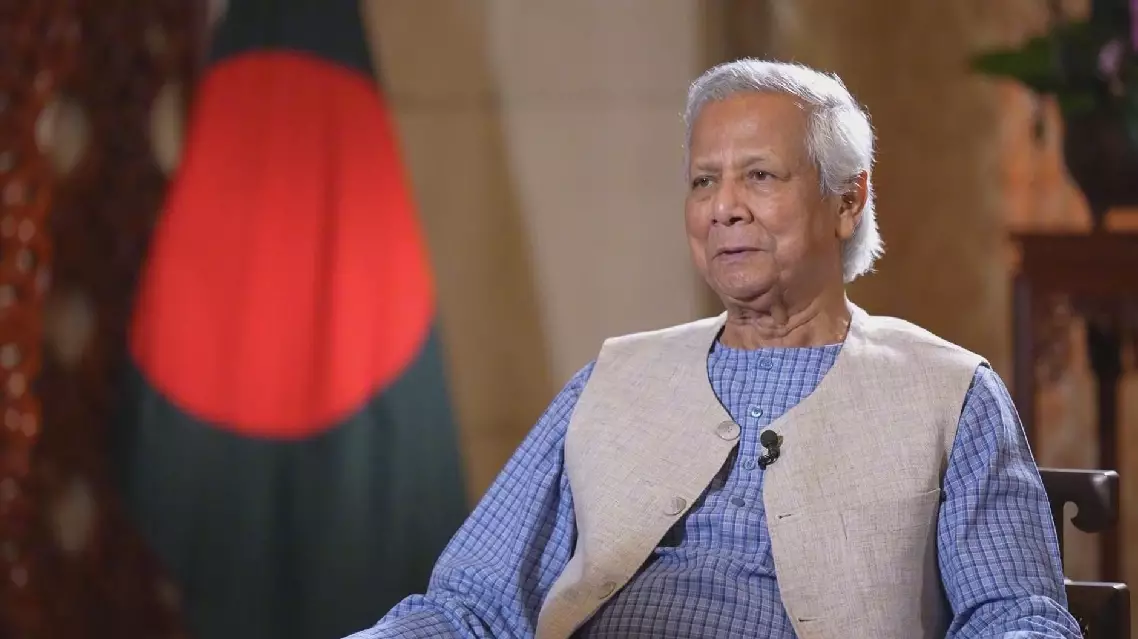
China plays important role in transforming Bangladesh as its people imagine: interim gov't chief adviser
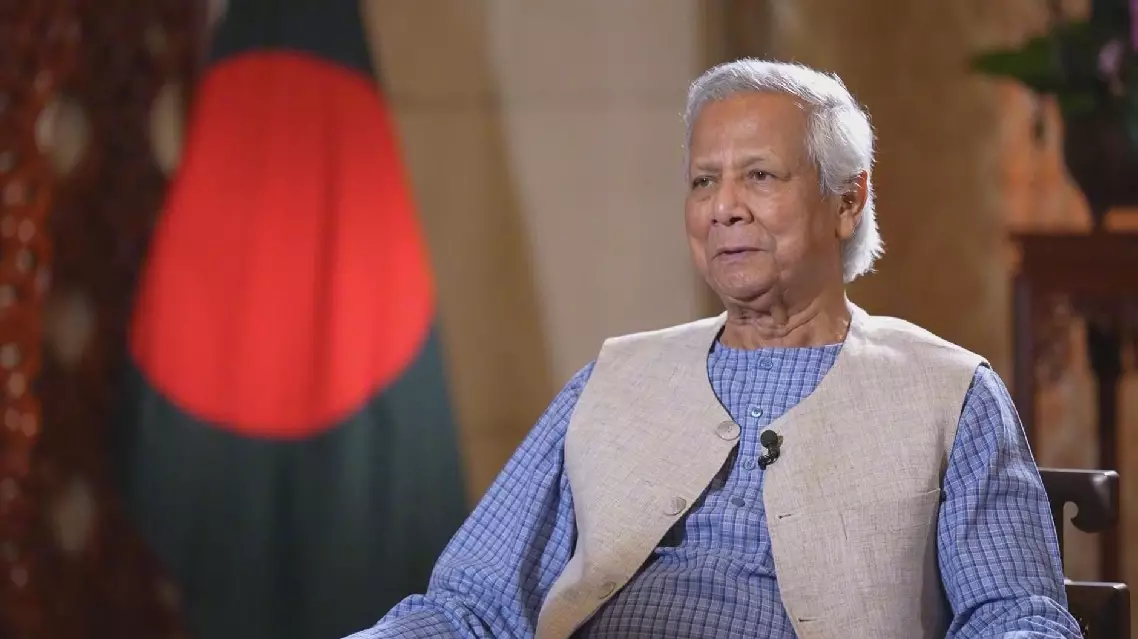
China plays important role in transforming Bangladesh as its people imagine: interim gov't chief adviser
A Brazilian national who was deported by the United States in January this year recounted the discriminatory and inhumane treatment he encountered during the repatriation in an interview with China Central Television (CCTV).
Jefferson Faustino was among the 88 deported Brazilians sent by a charter flight from the U.S. to Manaus, a city in northern Brazil, on Jan 24.
During dozens of hours of flight, they were handcuffed, shackled, and denied food and bathroom, and they almost lost their lives to an air conditioning fault, according to Faustino.
"They gave us water in very small bottles on the plane. And I couldn't drink it, because my hands were cuffed to the waist chain. So I had to bend down hard and squash the bottle to spray water into my mouth, because otherwise I wouldn't be able to reach the water at all. Even by doing so, I couldn't get water. When I squeeze the bottle, the water sprayed out and soaked me all over. In the 48 hours of repatriation, they distributed food only one time. It was a spoiled sandwich. The sandwich they gave turned purplish color. I was starving. What could I do? I had to eat," Faustino said.
"In the 48 hours of repatriation, they distributed food only one time. It was a spoiled sandwich. The sandwich they gave me was purple. I was starving. What could I do? I had to eat," he added.
Meanwhile, the American crew enjoyed fresh food and water, Faustino told CCTV.
"No, they had very good food. Every meal, they went over there to heat up box lunches and drink water. The cabin cabinets were full of lunch boxes, full of food, but they didn't give us that food," he said.
The Brazilian deportees protested the unfair treatment and asked for the food and water, but they were not given a response, because of the language barrier, Faustino recalled.
"Yes, we asked. We spoke loudly to them, but the crew didn't speak Portuguese or Spanish, only English. It's a humiliation to us the Brazilians, because we didn't have food and couldn't use the bathroom. The children were crying," he said.
After the plane arrived in Manaus, the air conditioning system broke down and the crew got off the plane, leaving the deportees suffocating in the enclosure.
"People couldn't breathe. The cabin was out of air. I managed to open an emergency exit door and shouted to the police: 'Help! Help! Help!' I yelled for help, asking them to come and save us, because I thought I was dying, I was dying," Faustino said.
The Brazilian government deemed this treatment "degrading" and "unacceptable", with the country's foreign ministry summoning the charge d'affaires of the U.S. Embassy to request an explanation over the issue on Jan 26.
"The U.S. government should be held accountable. Why didn't they train these people responsible for transporting deportees. Since the Trump administration came to power, it has created conflicts in American society and adopted policies that are completely against democracy and public opinion, disrupting relations between the U.S. and its economic and political partners," said Rinaldo Leal, a Brazilian lawyer.
U.S. President Donald Trump signed on his inauguration day an executive order that called for mass deportations of undocumented migrants. Since then, raids and deportations of undocumented migrants, especially those from Latin America, have continued to ramp up.
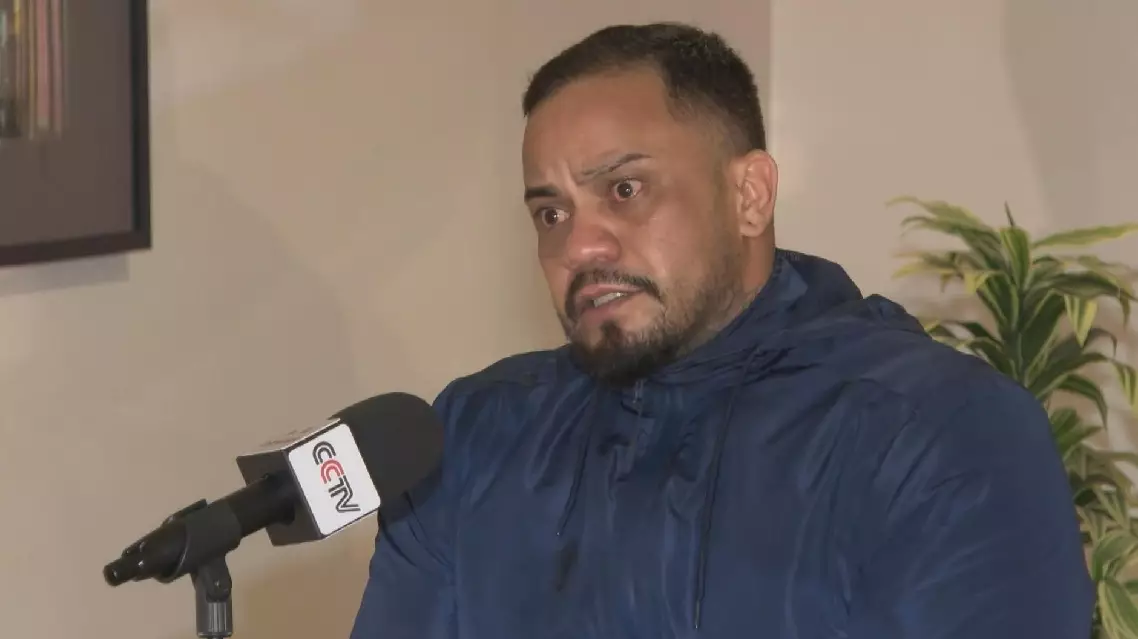
Brazilian deportee recounts inhumane treatment during flight from US
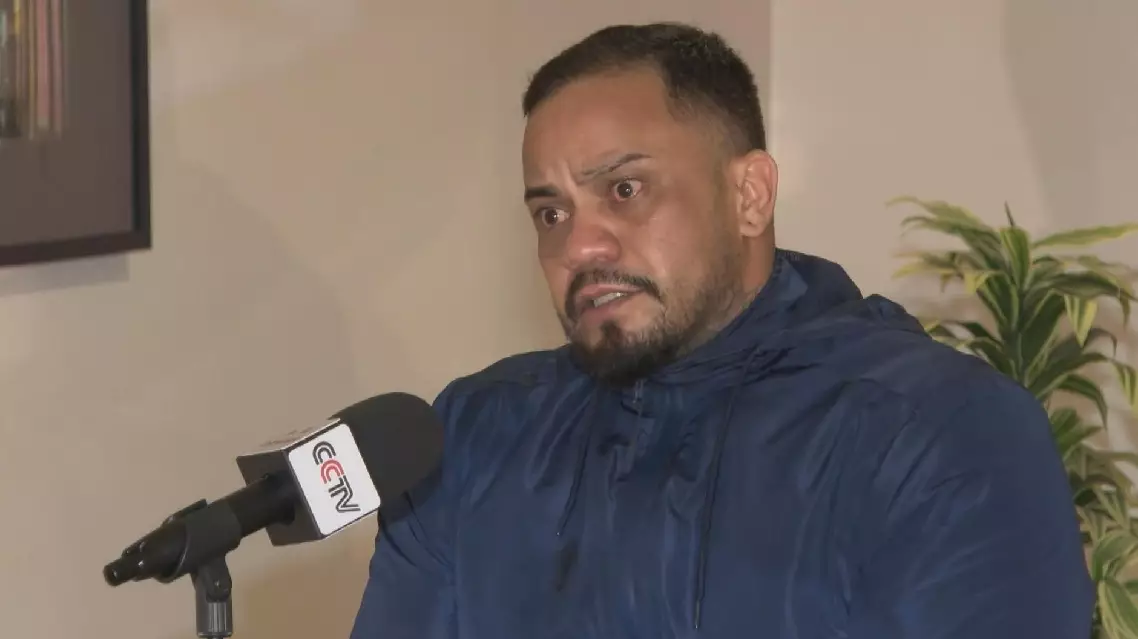
Brazilian deportee recounts inhumane treatment during flight from US




